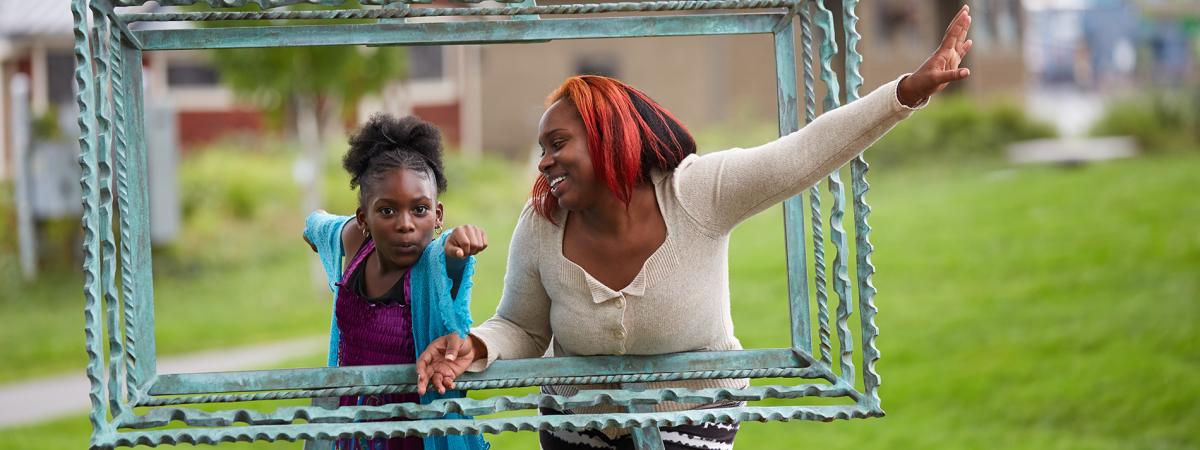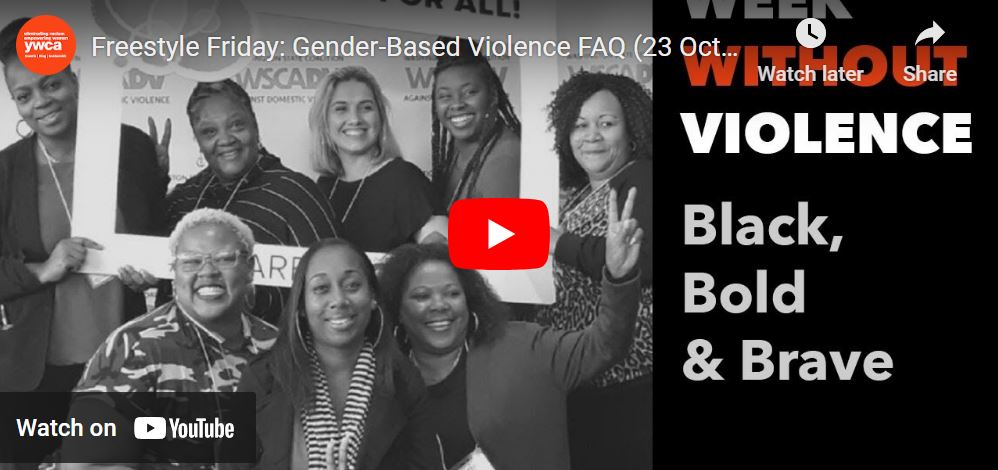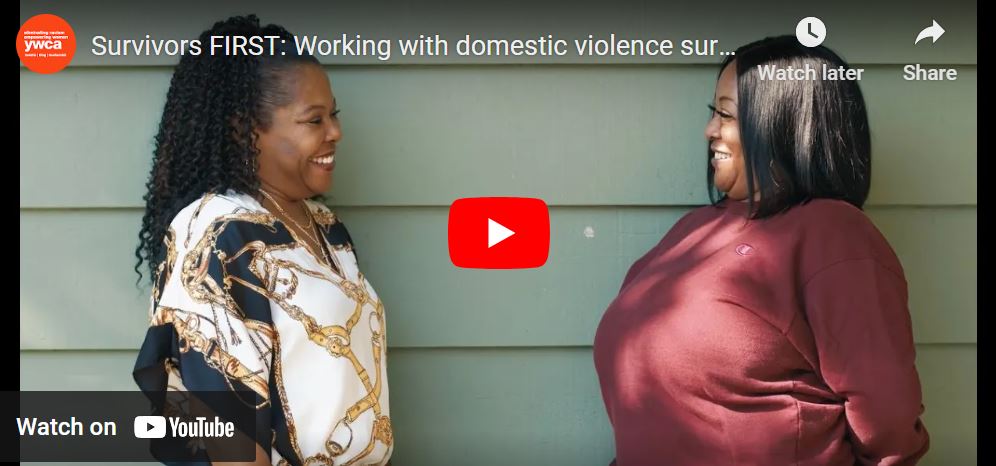
Community Corner highlights the work of Seattle Human Services’ community partners in their own words. Our goal is to gather stories and photos that illustrate their amazing work on behalf of the people of Seattle. This post highlights the YWCA’s Gender-Based Violence Services.
What is the role your organization fulfills in your community?
YWCA Seattle | King | Snohomish is on a mission to eliminate racism and empower women. We operate through a network of community-based programs located at 20+ sites across King and Snohomish counties, providing critical services to more than 7,000 women and family members a year. Our programs break down the barriers to equity and opportunity in the most critical areas of people’s lives: housing, economic advancement, health, and safety.
How does your partnership with Seattle Human Services (HSD) assist you in that role?
Partnerships that address equity and opportunity have been vital in our approach to facilitate Race and Social Justice practices with successful outcomes. HSD continues to assist in addressing gaps we identify in developing, implementing and/or re-evaluating current models of services delivery. Our overall engagement continues to be funding that supports the YWCA mission to eliminate racism and empower women.

What is your organization’s origin story?
In 1894, a growing number of young women were moving alone to the frontier town of Seattle in search of work. This trend inspired a group of 28 women to found the first YWCA in Washington, just five years after it became a state. They were led by Mrs. Rees P. Daniels, who had been an active member of YWCA in Washington D.C. The first location was in a small storeroom on 3rd & Columbia, with a lounge and cafeteria that served working women.
One hundred thirty years later, YWCA is now the region’s oldest and largest organization focused on the needs of women. We continue to provide critical services, including economic, health, and housing support, to any and all women who come through our doors.
How has your organization grown or developed in recent years?
YWCA has continued to adapt to the evolving needs of our region, such as expanding job training programs to help community members find fulfilling and stable careers during a pandemic.
Additionally, YWCA has been a leader in finding solutions to the systemic and institutional barriers that disproportionately impact Black women. A great example of this was the creation of our Survivors FIRST (Facilitating Information and Resources for Survivors of Trauma) program in 2019. Developed and implemented in partnership with the Office of the King County Prosecuting Attorney, Survivors FIRST directly connects survivor-defendants to intervention services without criminal charges.
By diverting survivors of color to culturally appropriate domestic violence and intimate partner violence services, this program helps reduce the racial disproportionality of survivors of gender-based violence in the criminal legal system.
Why is it important for HSD and Seattle taxpayers to invest in community-led work?

It is important to enable organizations to provide culturally competent services to communities that face the most barriers to thriving. Giving gender-based violence survivors a culturally responsive, safe space to receive resources, support, and compassion from advocates who look like them can dramatically impact their healing.
How do your programs and services help to reduce the disparities experienced by people of color living in our region?
YWCA is focused on the intersection of racism and sexism, addressing the disparities that creates in the lives of our community members. We work to reduce disparities by providing culturally competent services across the most critical areas of a woman’s life: housing, health, safety, and economic stability.
By being explicitly focused on the needs of Black, Indigenous, and other women of color, and Black women in particular, we’re able to tailor our programs to their success. With our Survivors FIRST program, for example, we reduce the racial disproportionality of survivors of gender-based violence in the criminal legal system by providing survivors of color with culturally appropriate domestic violence and intimate partner violence services.
What is an example of how an HSD-funded program or service impacted the life of one of your community members?
HSD funding has increased YWCA Gender Based Violence Specialized Service opportunities to continue to reach and service marginalized communities who are being impacted by the intersections of violence.
We have been able to secure 60 Ring camera devices to enhance survivor’s safety as well as mental health wellness access for over 40 survivors. This year we have been able to financially support our survivors with rental assistance, childcare, beds, utilities, safe hotel stays, hygiene supplies, and emergency food.
One survivor shared her gratitude after receiving a food bag. She had been struggling with affordable groceries access to dietary safe foods and the support we provided kept her from returning to trade sex for money to buy food.
What motivates your staff or keeps you going?
Establish and create a culture that has a free and safe environment, that’s fueled with giving recognition, highlighting strengths, compassion, and dedication to the movement of Gender Base Violence.
Also, acknowledge the great work they do, and allow staff to discover their “why” and define a purpose they feel motivated about. Provide constructive empowering feedback and training to enhance their skill sets, and promote leadership opportunities.
To access services, visit Gender-Based Violence Specialized Services toll-free & text line: 877.757.8297.
For more information about Survivors FIRST, visit ywcaworks.org/programs/survivors-first.